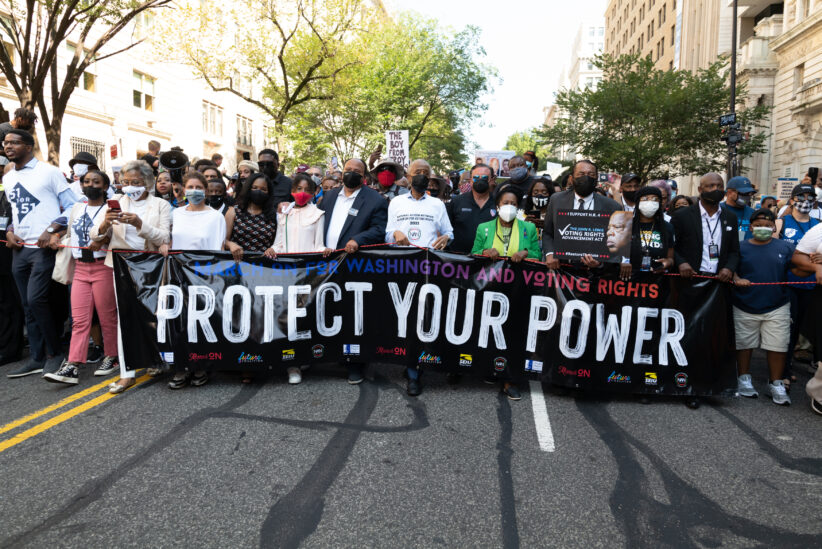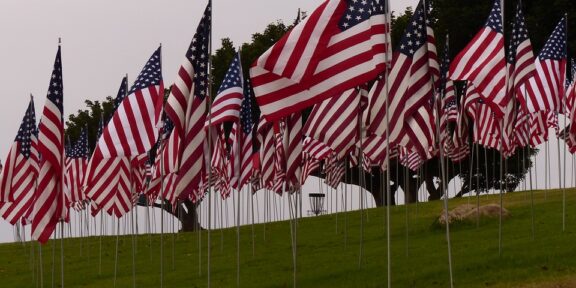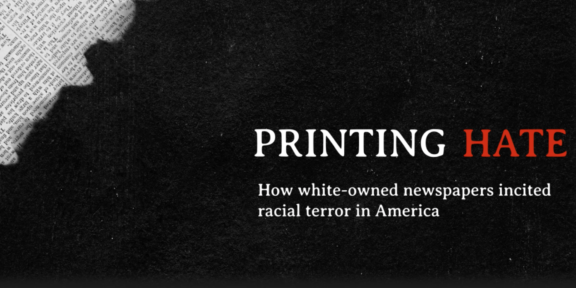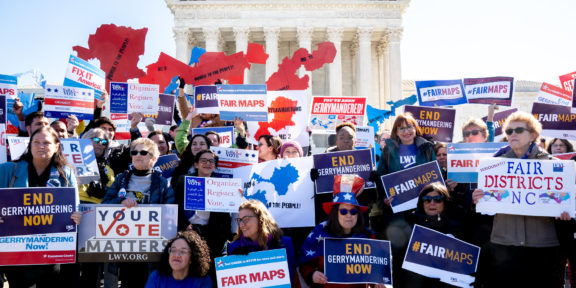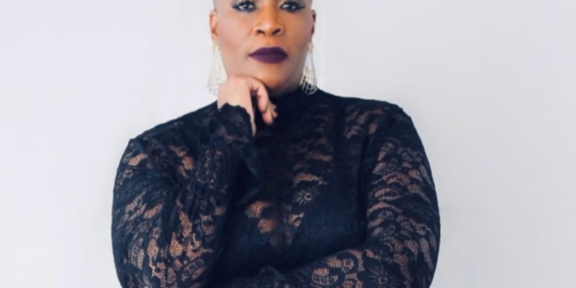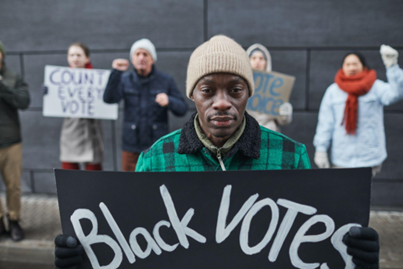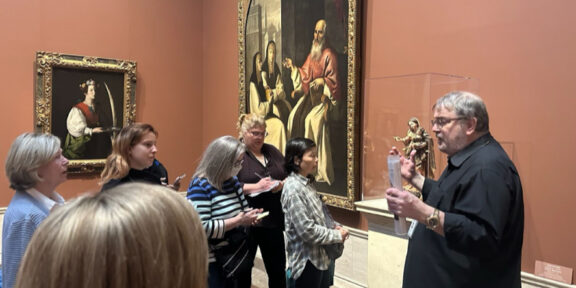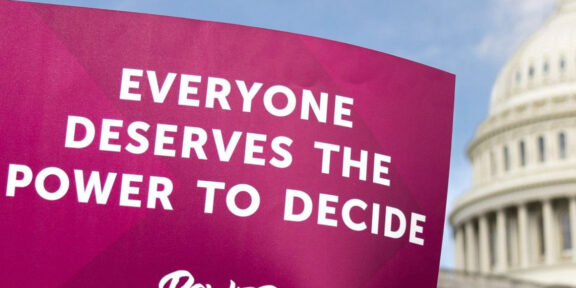WASHINGTON — More than 25,000 people from across the country, some as far away as California, gathered in the nation to protest efforts in more than a dozen states they said to make voting more difficult and to urge Congress to pass the John Lewis Voting Rights Bill, which would restore portions of the Voting Rights Bill struck down by the U.S. Supreme Court.
They began at McPherson Square and marched to the stage at the National Mall in front of the Capitol Building where speakers criticized those leading the efforts to change voting laws and urged the people to stand up and make their voices heard, or as some speakers said, in the words of the late Congressman John Lewis, “to make good trouble.”
The Rev. Al Sharpton, a civil rights leader, television personality and president of the National
Action Network, called on President Joe Biden to use his influence to push West Virginia Sen. Joe Manchin, a Democrat, and others to push through the legislation.
“
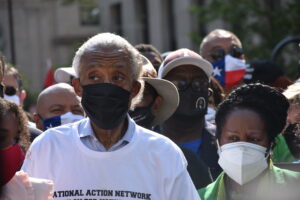
You need to pick up the phone and call Manchin and others and tell them that if they can carve around the filibuster to confirm Supreme Court judges for President Trump, they can carve around the filibuster to bring Voting Rights to President Biden,” said Sharpton, whose organization was one of the organizers of the march.
The Marchers were there for voting rights, but they also championed other issues, including rights of the Black LGBTQ+ community, police reform, safety for trans women and states’ rights for Washington.
There were parents pushing babies in strollers with signs reading “Pass The For The People Act”, “Black Voters Matter” and “We Demand Voting Rights Now.”
The event was held on the 58th anniversary of the 1963 March on Washington, in which more than 200,000 people descended on Washington to demand racial justice and equal rights and the Rev. Martin Luther King Jr. delivered his famous “I Have A Dream” speech.
King’s son, Martin Luther King III, joined Andrea Waters King’s Drum Major Institute and March On as one of the event organizers. The crowd was less than the expected 50,000 the organizations had projected.
Several states, beginning with Georgia, have either attempted to or passed legislation designed built to limit access to voting.
Georgia severely limited mail in ballots, early voting and criminalized passing water or food to people waiting in line to cast ballots.
Arizona will require anyone who has not casted a ballot at least once every two years to respond to a government notice or risk being placed on a list to not receive a ballot. Democrats in Texas have repeatedly delayed Republican attempts to restrict voting, including leaving the state for a month so the legislature would not have the number of legislators present to pass bills.
Texas Rep. Sheila Jackson Lee, a Democrat, was one of several Congressional Black Caucus present Saturday.
Lee said the new efforts to change voting laws resemble the Jim Crow era when segregation was legal and many African Americans attempting to vote were killed or terrorized through lynchings and the burning of Black churches and homes.
“Right now, we have the most suppressive voting laws since 1960.” Jackson told the audience.
Joyce Beatty, the current chair of the Congressional Black Caucus, said the inability to vote could threaten all the gains African Americans have made and social justice issues in the future.
“If we do not stand up for voting rights, if we do not stand up for the right to register to vote, then we cannot make change.” Beatty said.
Martin Luther King III told the crowd the filibuster in the Senate that requires 60 votes instead of a simple majority to pass legislation needs to be in his eyes, eliminated.
“One hundred years ago, the government used the filibuster to keep Black Americans from having a full promise to freedom,” he said, “and now they’re doing it again.”

